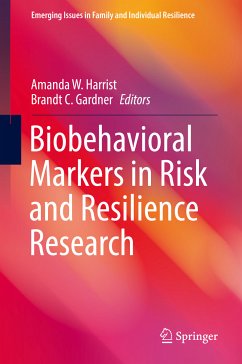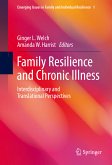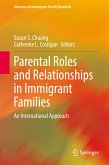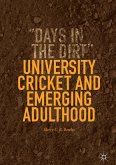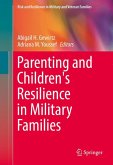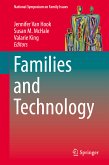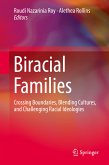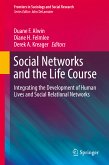This comprehensive reference explores the current and future state of biobehavioral markers in family resilience research, with special focus on linking biological and physiological measures to behavioral and health outcomes. It brings together the latest biobehavioral data on child-parent and couple relationships, adversity, and other key areas reflecting new technological advances in biobehavioral studies and translates these findings into implications for real-world practice and policy. The contributors' insights on biomarkers apply to emerging topics of interest (e.g., molecular genetics) as well as familiar ones (e.g., stress). Their interdisciplinary perspective helps to elaborate on risk and resilience factors for those creating the next generation of evidence-based interventions.
Among the topics covered:
.The immune system as a sensor and regulator of stress: implications in human development and disease
.The psychobiology of family dynamics: bidirectional relationships with adrenocortical attunement
.Intergenerational transmission of poverty: how low socioeconomic status impacts the neurobiology of two generations
.The influence of teacher-child relationships on preschool children's cortisol levels
.Challenges and strategies for integrating molecular genetics into behavioral science
Besides its worth to researchers and practitioners studying and working with families at risk, Biobehavioral Markers in Risk and Resilience Research also has utility as a training text, offering a highly accessible presentation and discussion questions suited to classroom use.
Dieser Download kann aus rechtlichen Gründen nur mit Rechnungsadresse in A, B, BG, CY, CZ, D, DK, EW, E, FIN, F, GR, HR, H, IRL, I, LT, L, LR, M, NL, PL, P, R, S, SLO, SK ausgeliefert werden.

